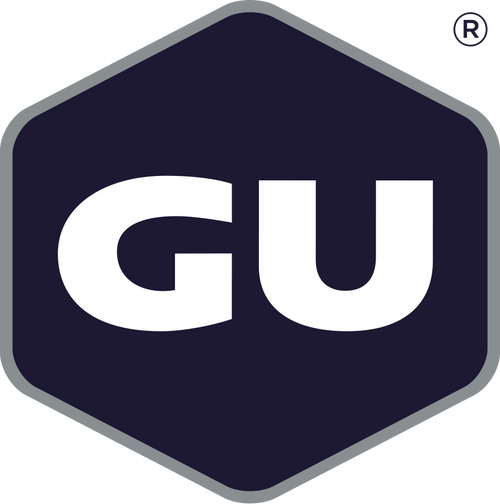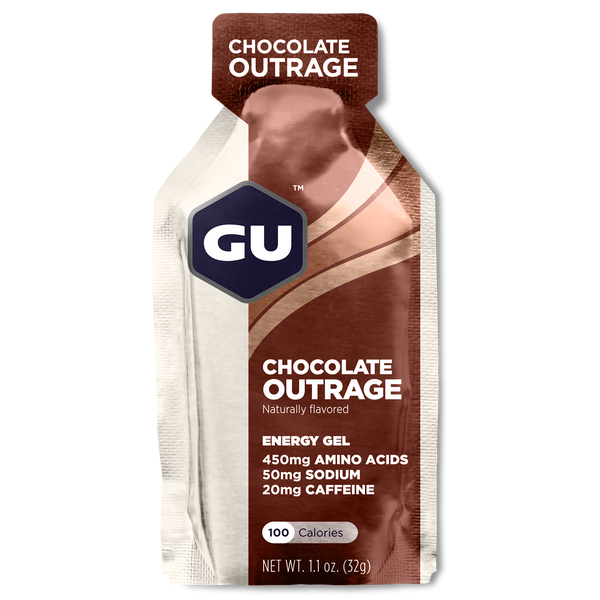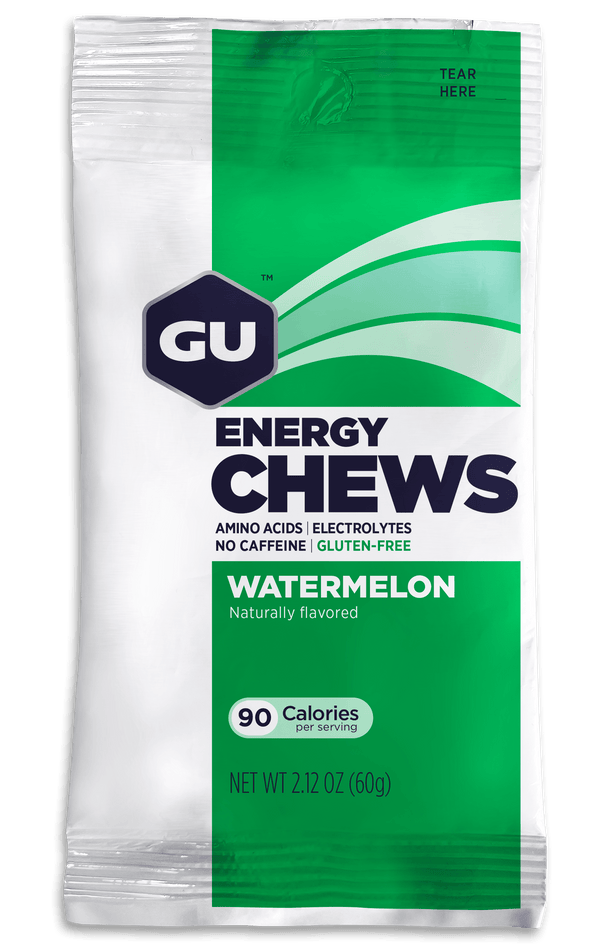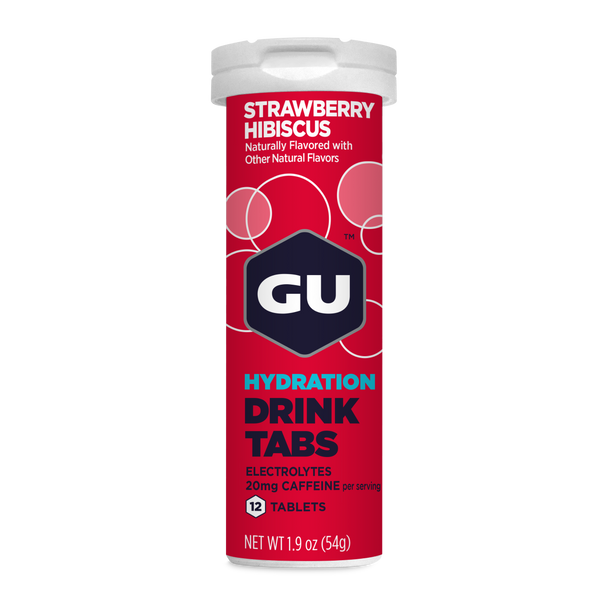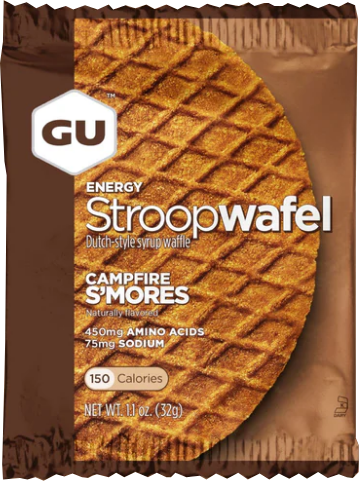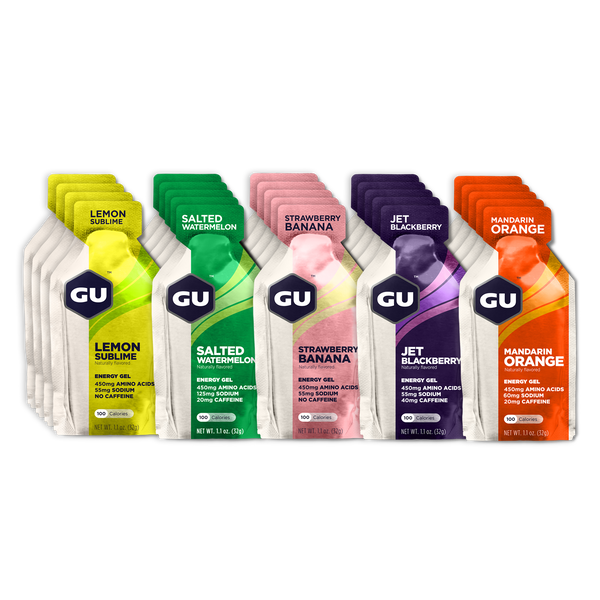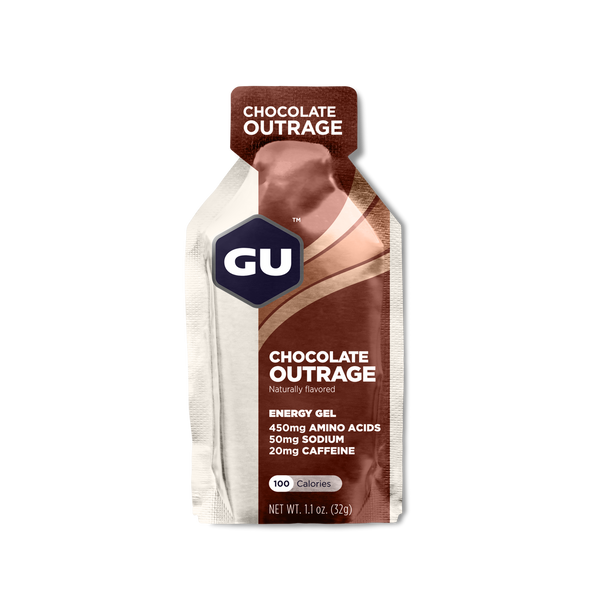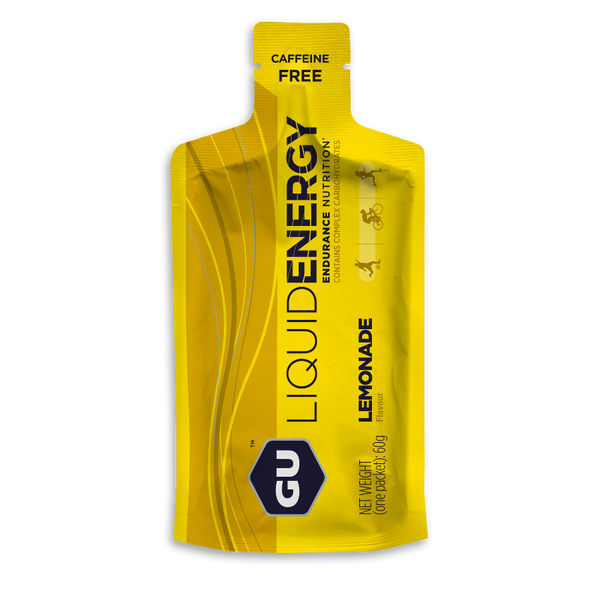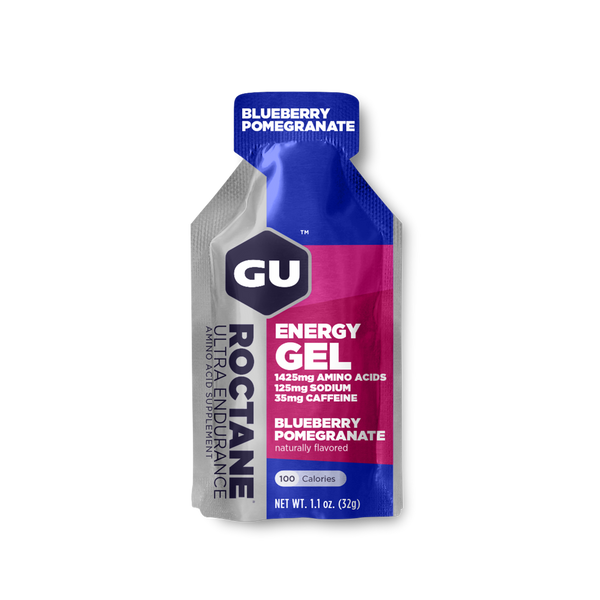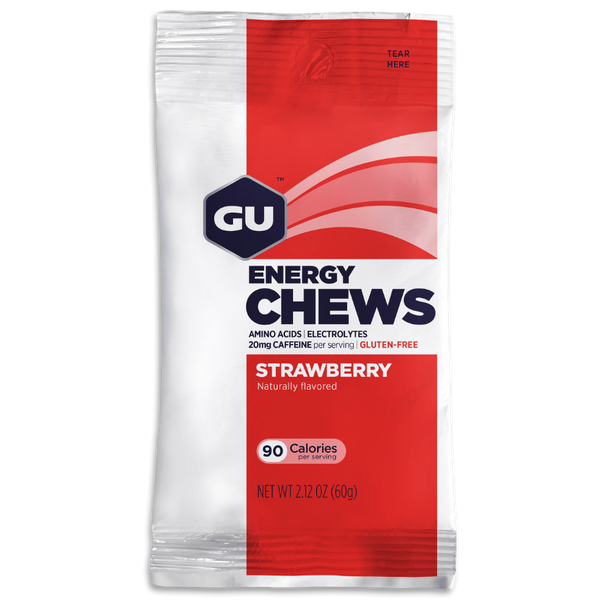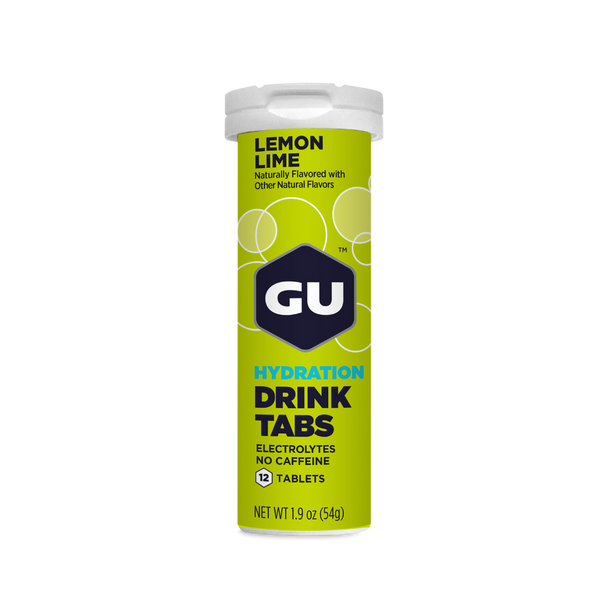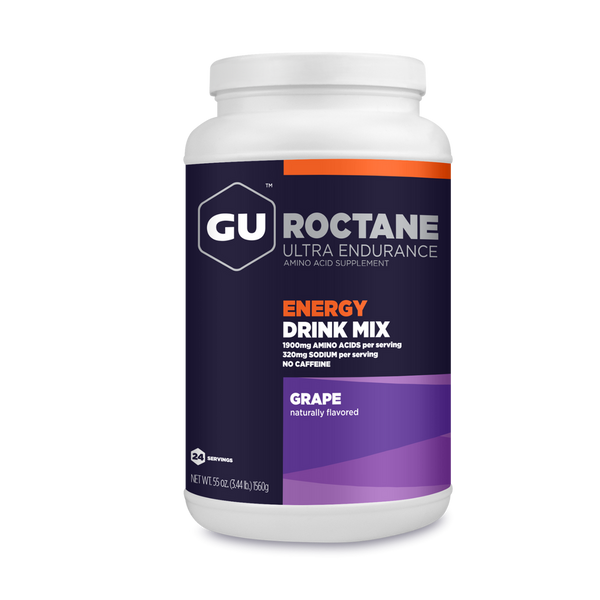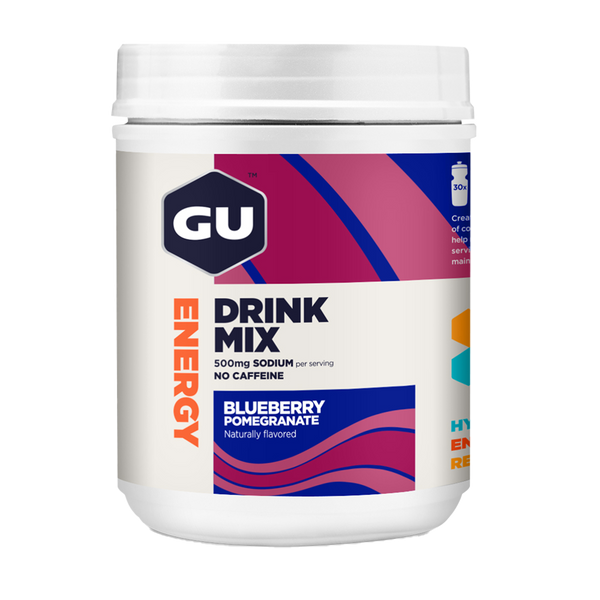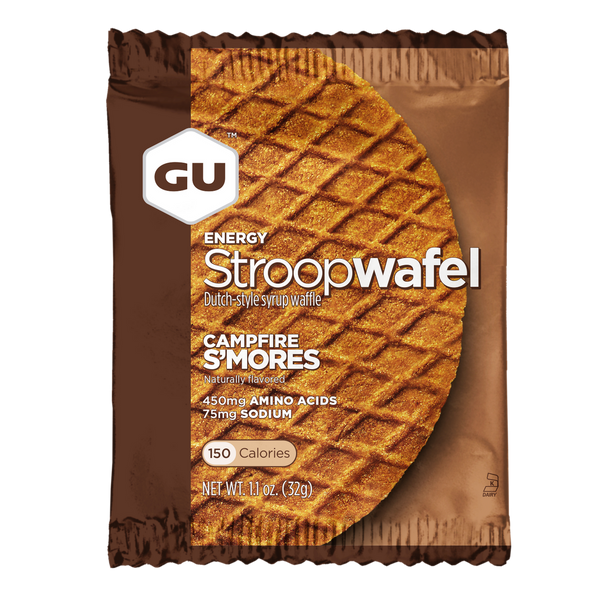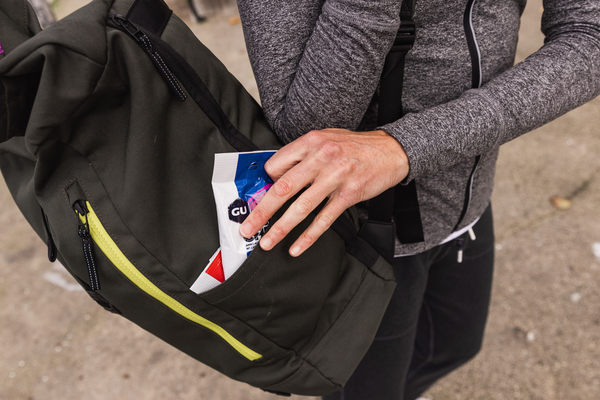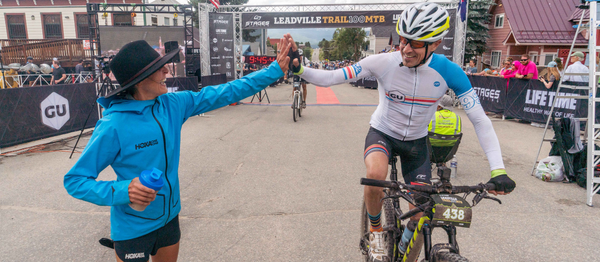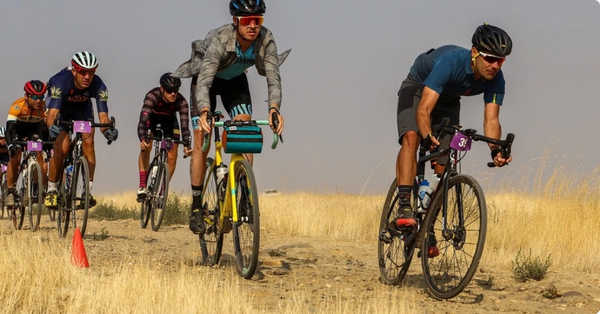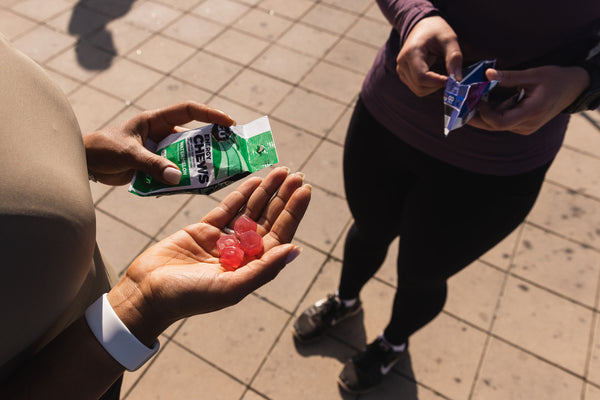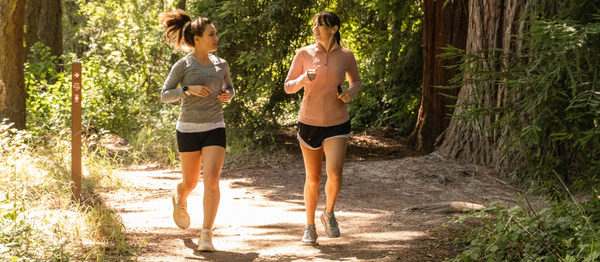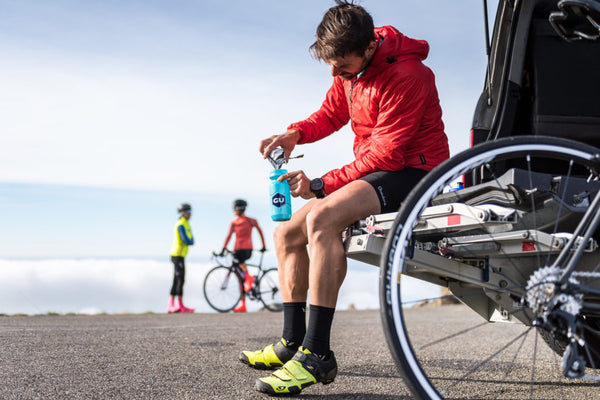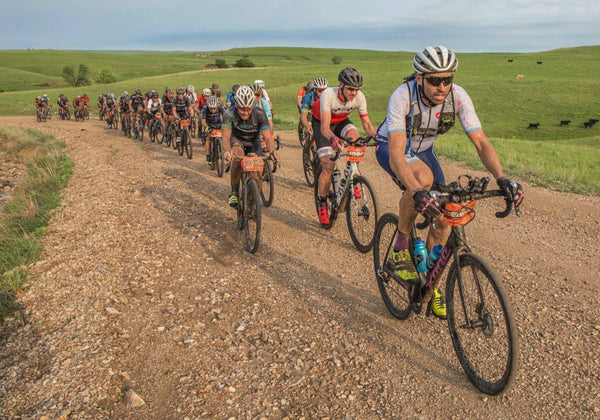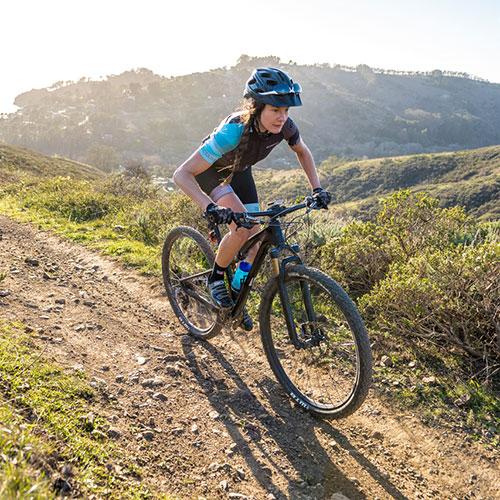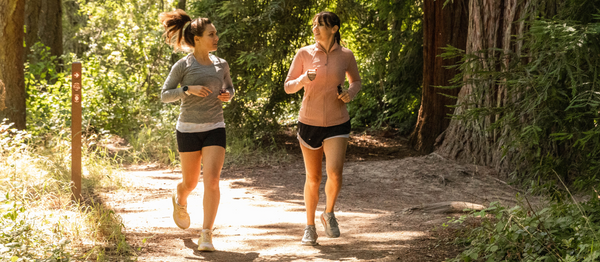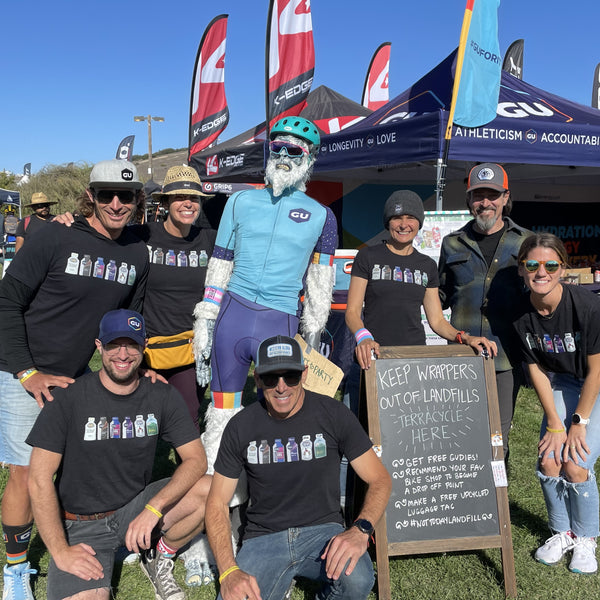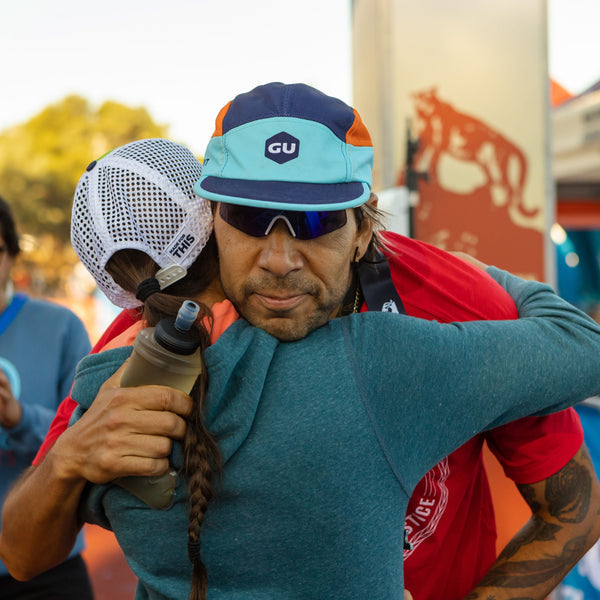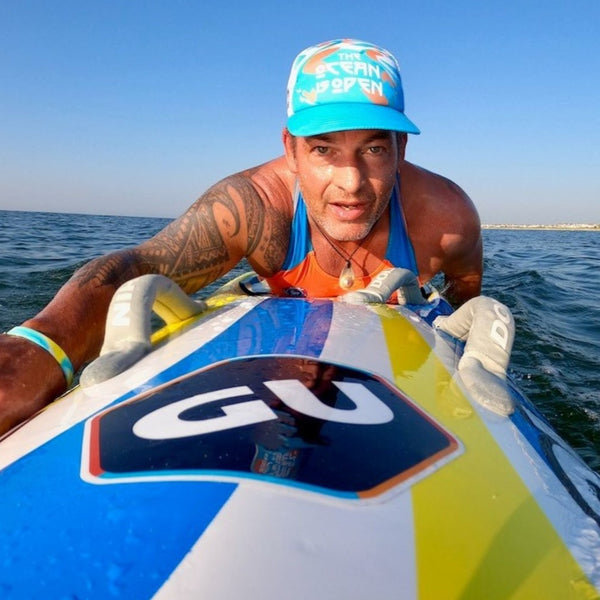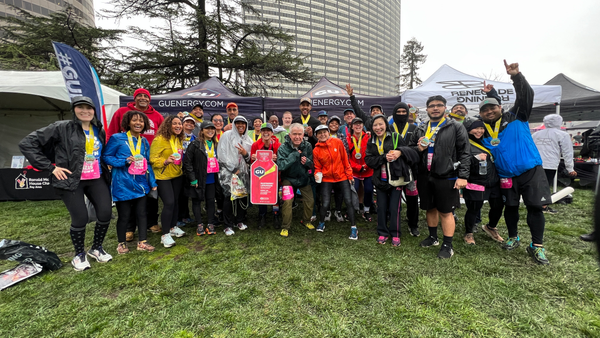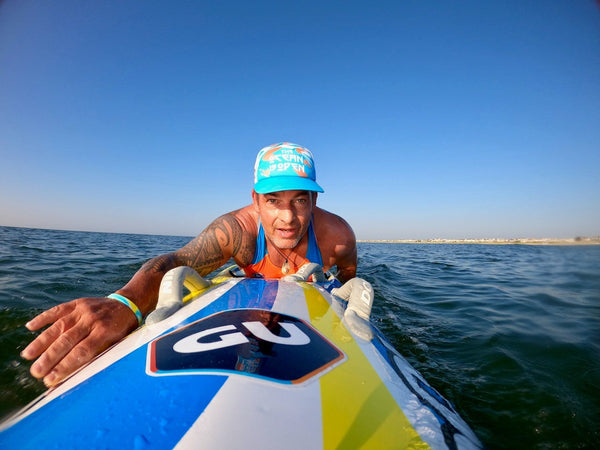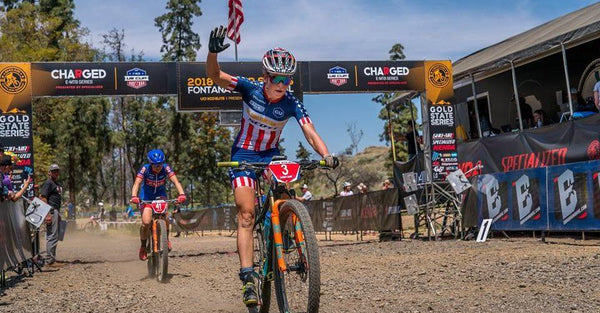Ask the guru
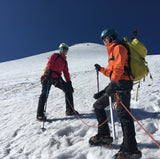 Roxanne Vogel, MS, CSCS, CISSN
Roxanne Vogel, MS, CSCS, CISSNGU Energy Labs GURU (aka Sports Nutritionist) Roxanne is our in-house nutrition expert. In her free time, she’s an avid mountaineer and likes to get to the top of really tall mountains!
1. What should I eat while training and racing?
Carbohydrates are the easiest energy to absorb and metabolize during endurance activities or high-intensity exercise. When you exercise, blood flow to your viscera (i.e., stomach, digestive tract) is redirected to your muscles to provide sufficient oxygen for muscular contractions. Reduced blood flow means reduced ability to digest and absorb nutrients. It’s not surprising that half of endurance athletes encounter GI issues during exercise!
2. What are BCAAs and why do they matter?
3. Can I eat too much while training or racing?
4. How do I train my body so that I can eat and drink more?
5. How does staying hydrated help improve performance?
6. How do I know if I'm drinking enough?
7. How does the caffeine in GU products help me?
8. Is it bad to snack at night before bed?
9. Why don't we include magnesium as part of the electrolyte blend in our products?
When it comes to electrolytes and GU products, we typically focus on sodium chloride (salt) replenishment above all else. Why do we do this? Well, when you look at the typical electrolyte concentration of adult sweat, you’ll see that the largest losses are from sodium and chloride, with magnesium losses only comprising a small amount (0-36 mg/L of sweat). Since the average athlete loses about 1-3 liters of sweat per hour, it is far more important to replace the largest constituent electrolytes (sodium and chloride) than the lowest (magnesium). It is worth noting, however, that we include 9 mg magnesium per capsule in our Roctane Electrolyte Capsules. If athletes are concerned over heavy sweat losses incurred during hot/humid conditions or very prolonged (> 4 hours) exercise, they might consider adding electrolyte capsules to their nutrition strategy. The general recommendation there would be to take 1-2 capsules per hour of activity, in addition to sports drinks, gels, chews, etc. This would help offset losses of sodium, chloride, and magnesium simultaneously.
